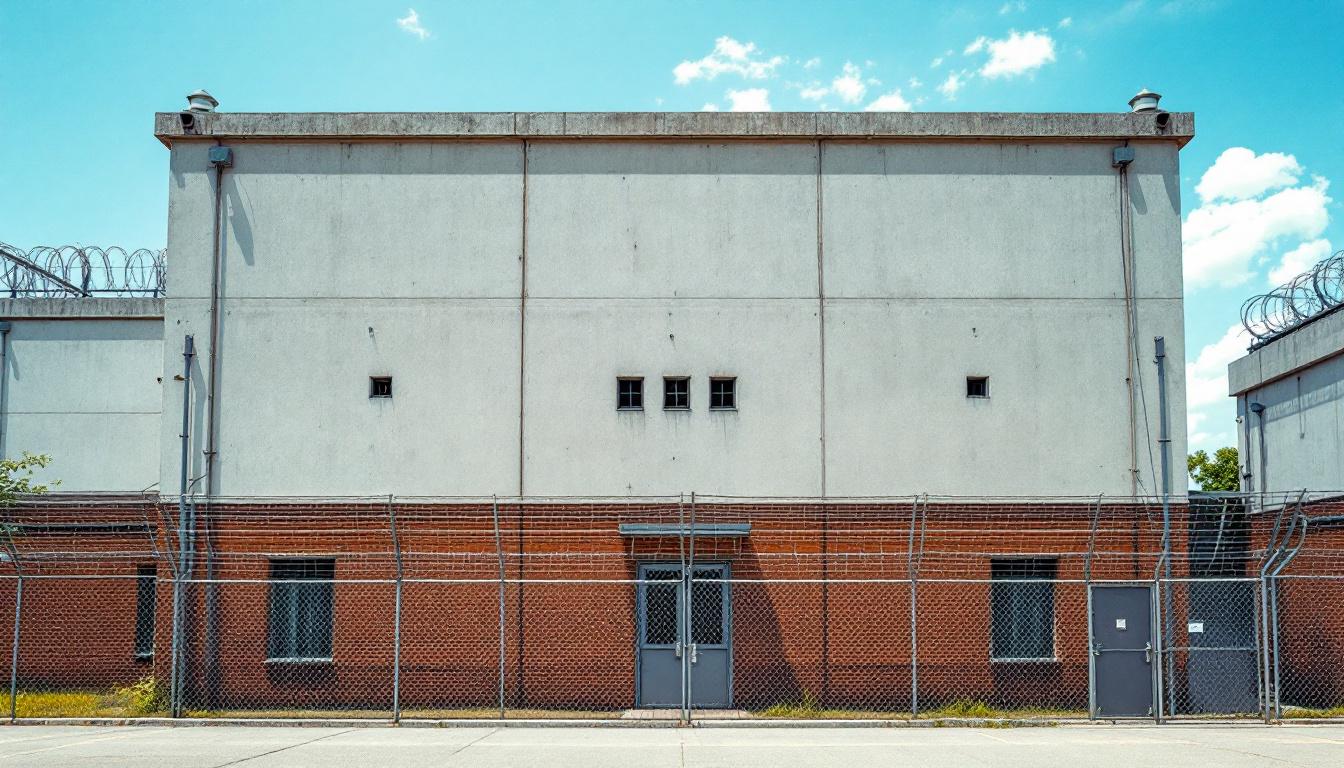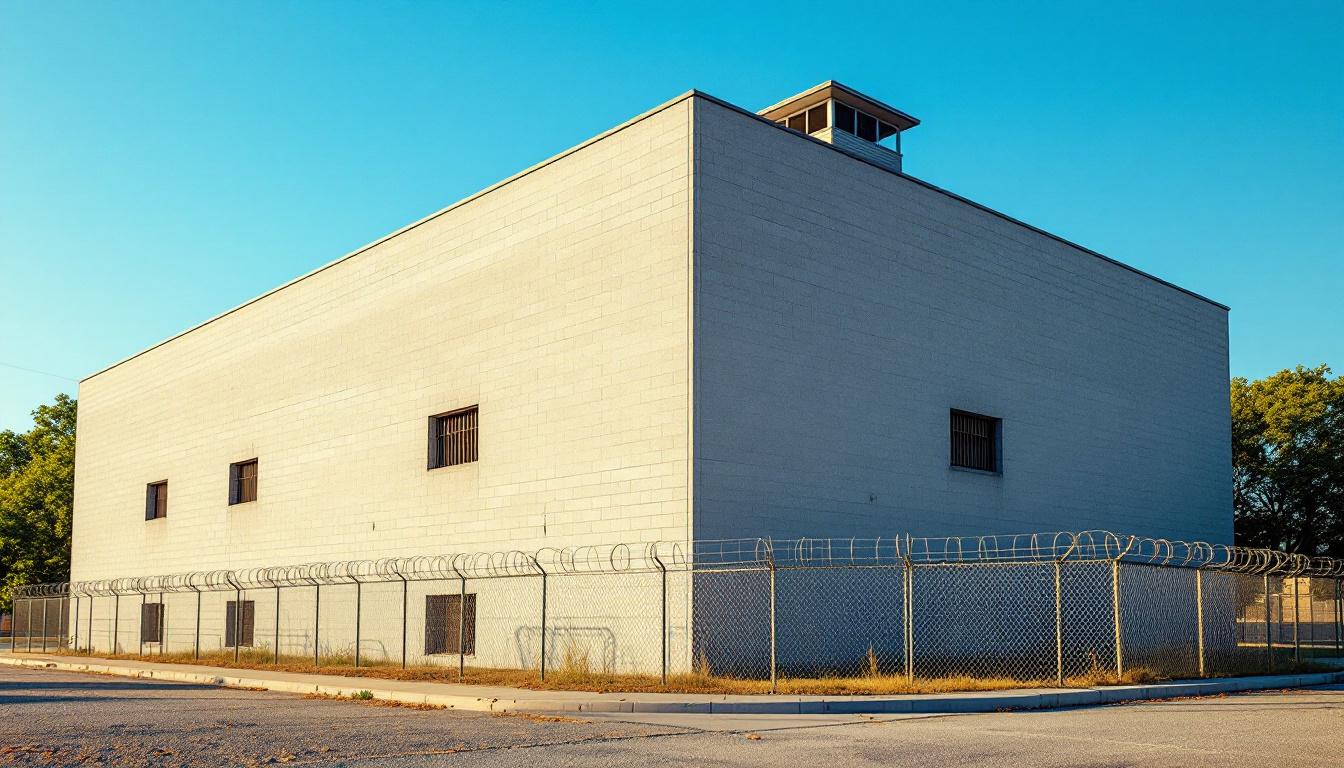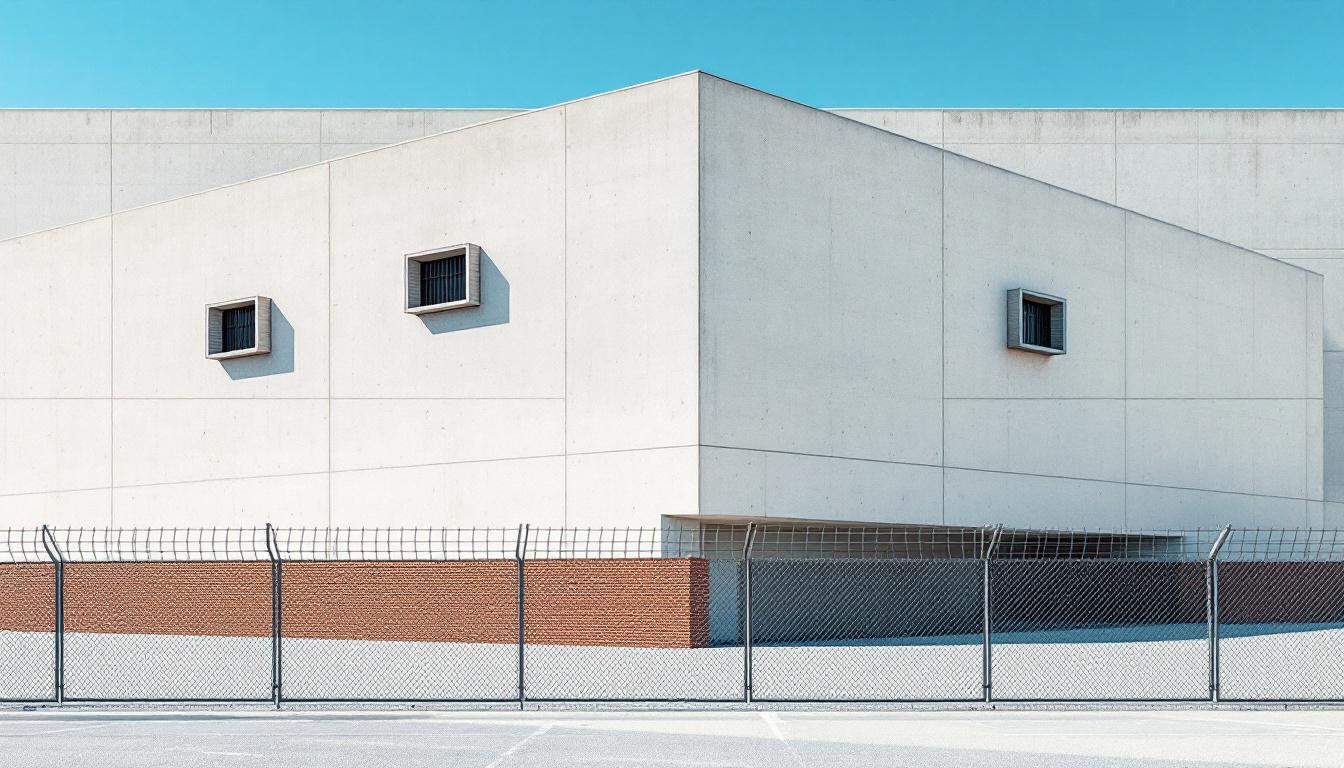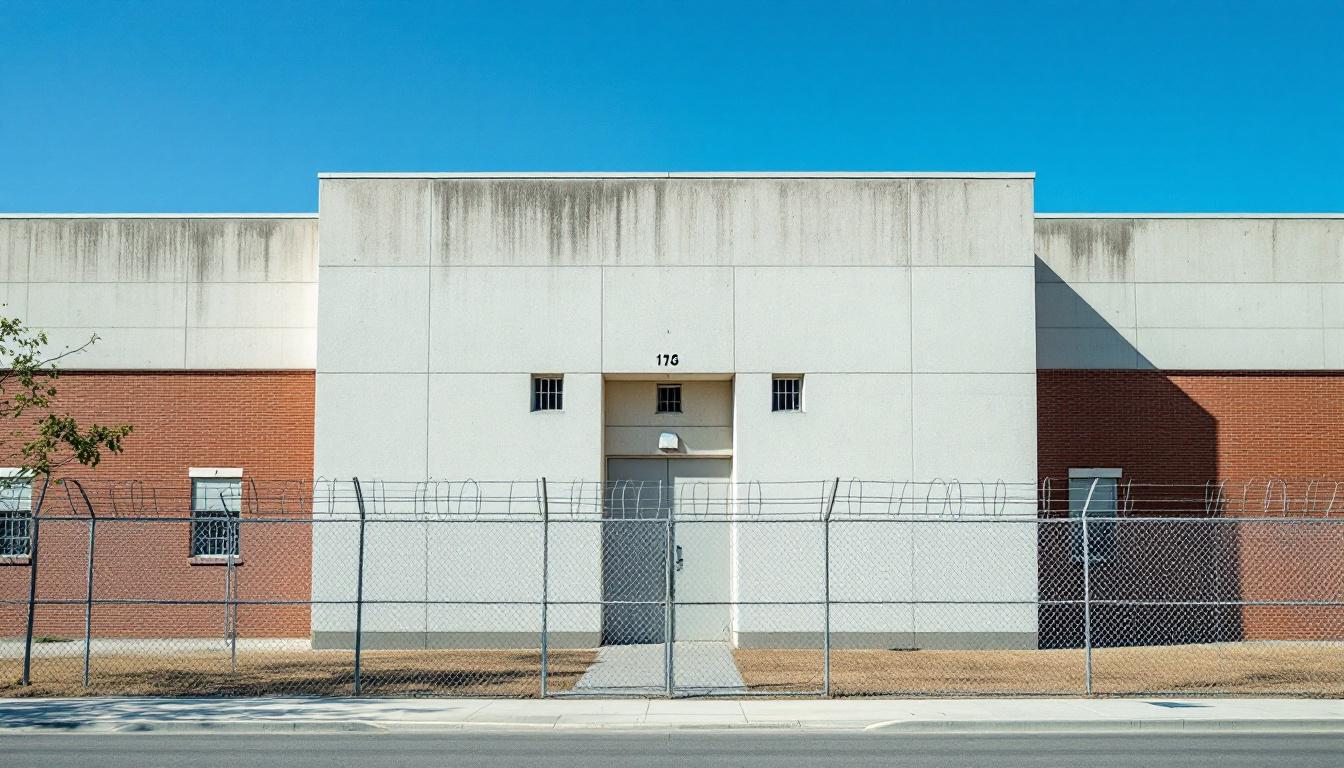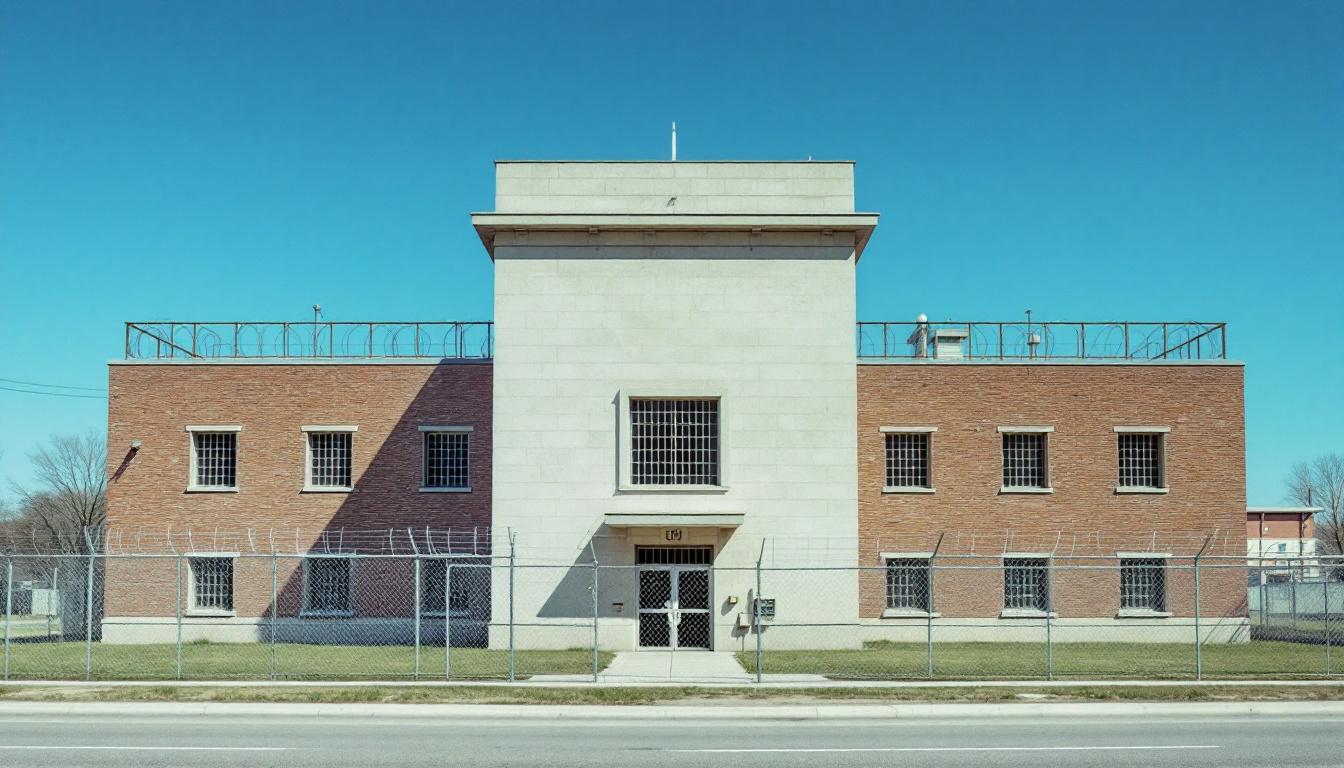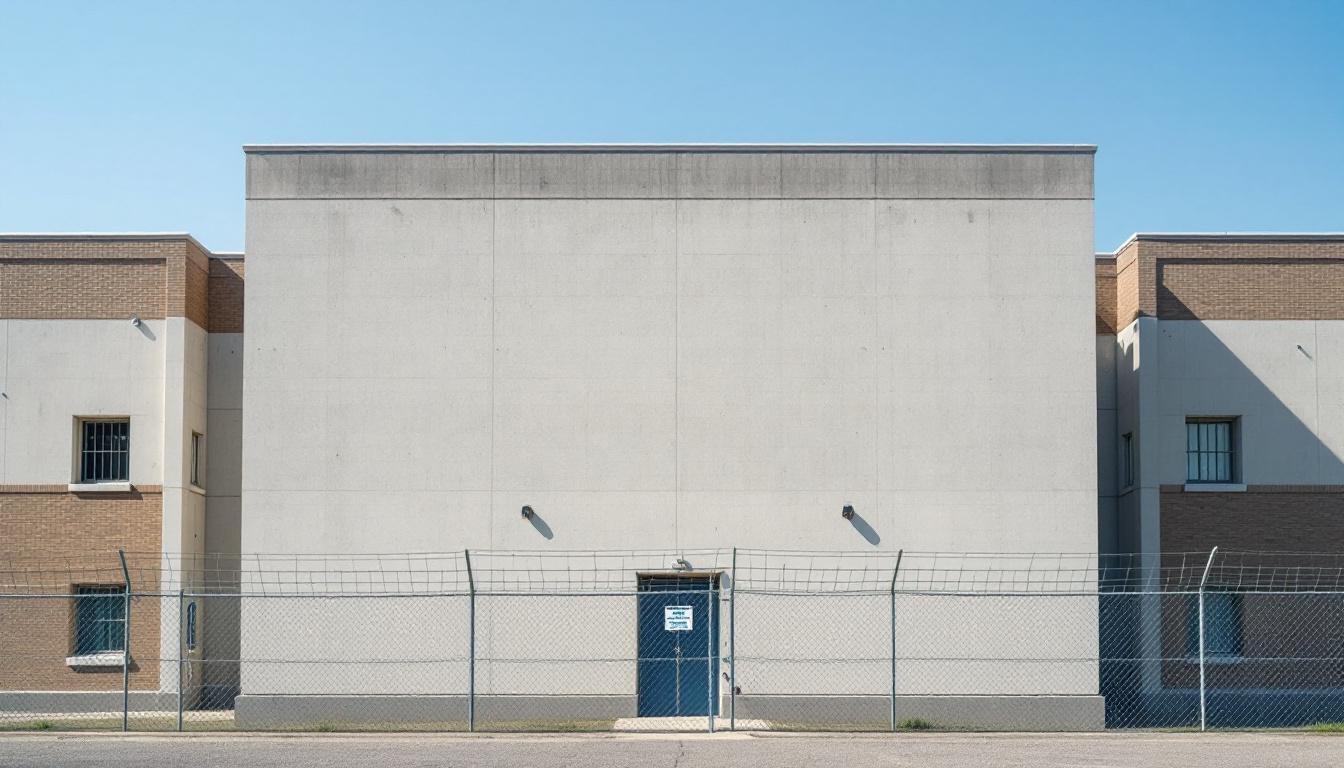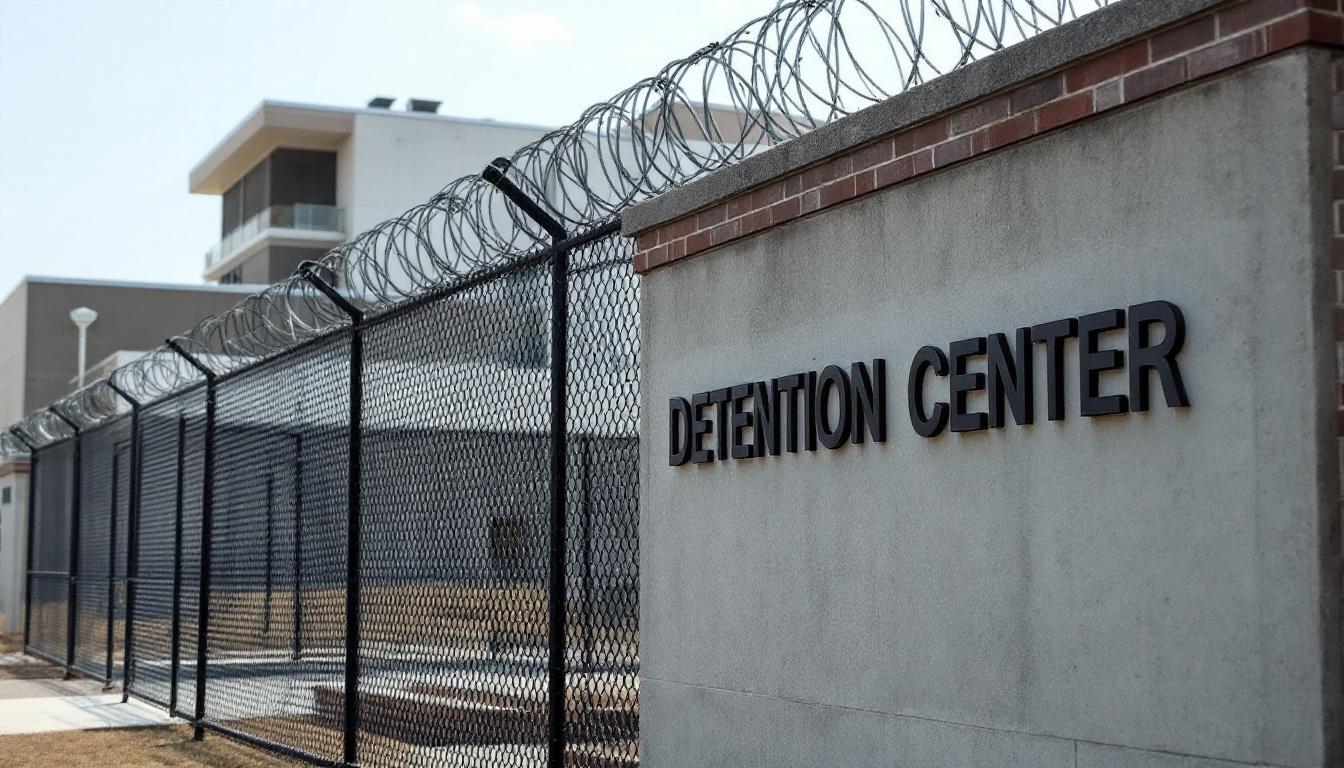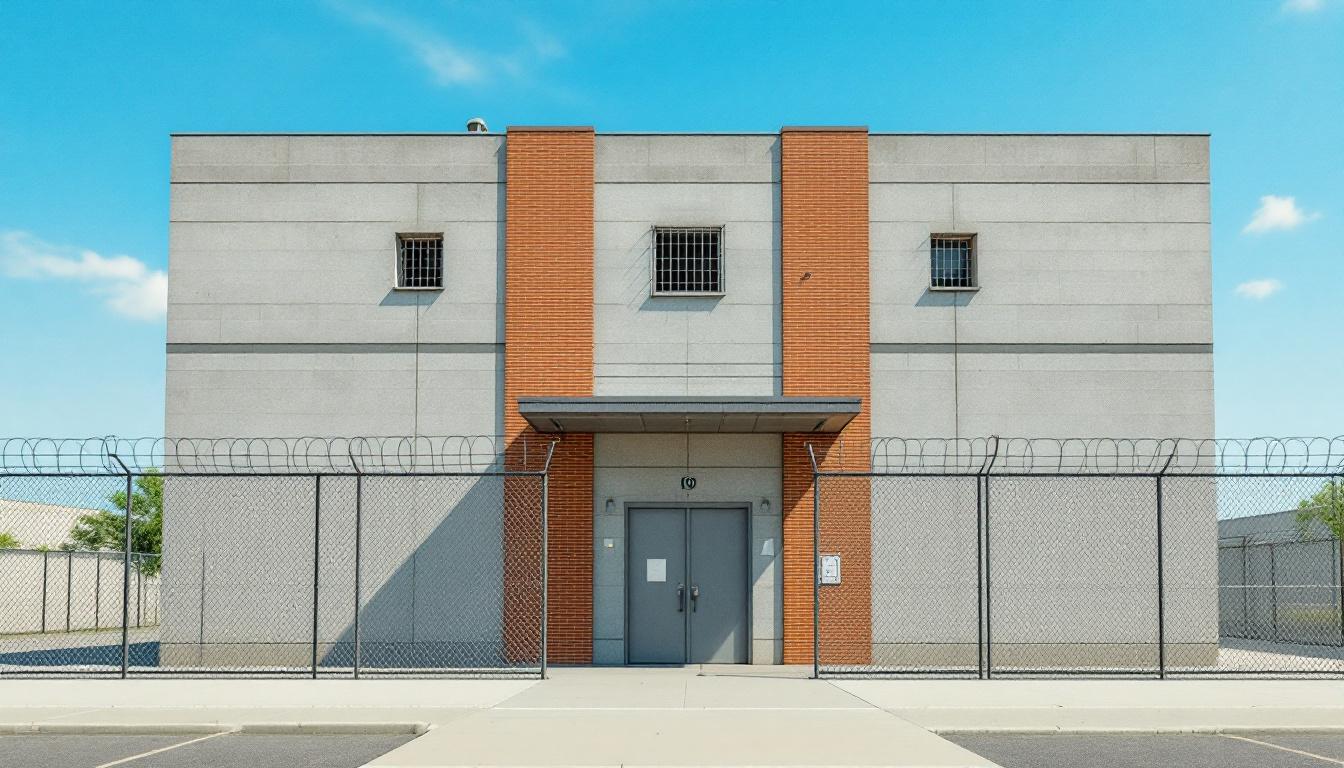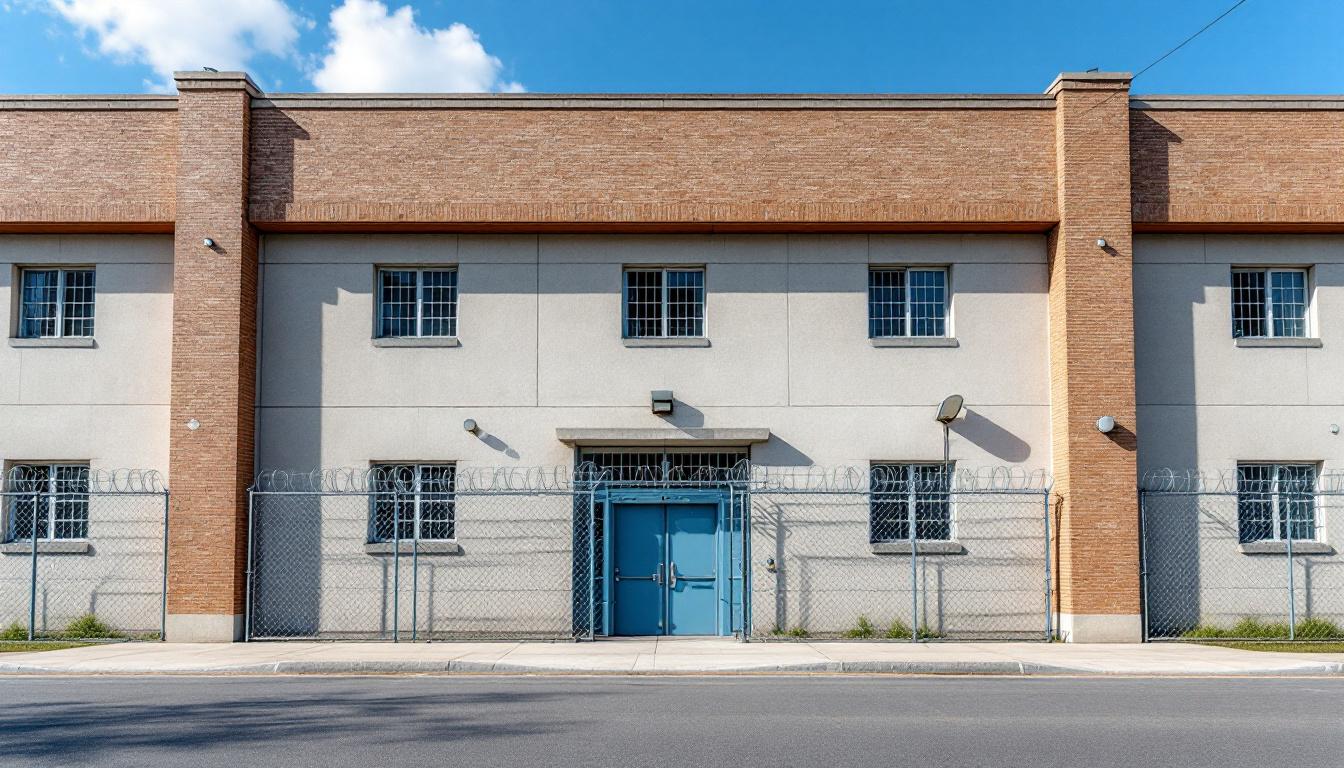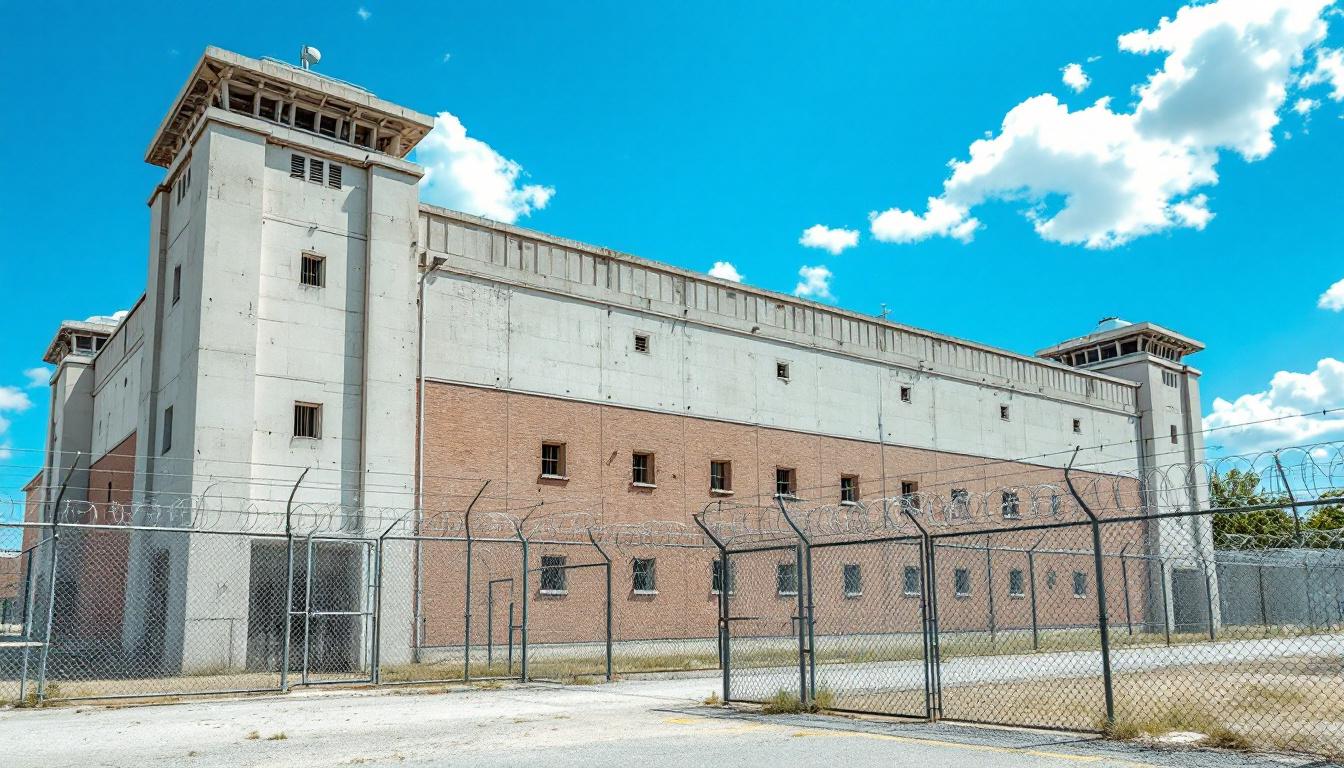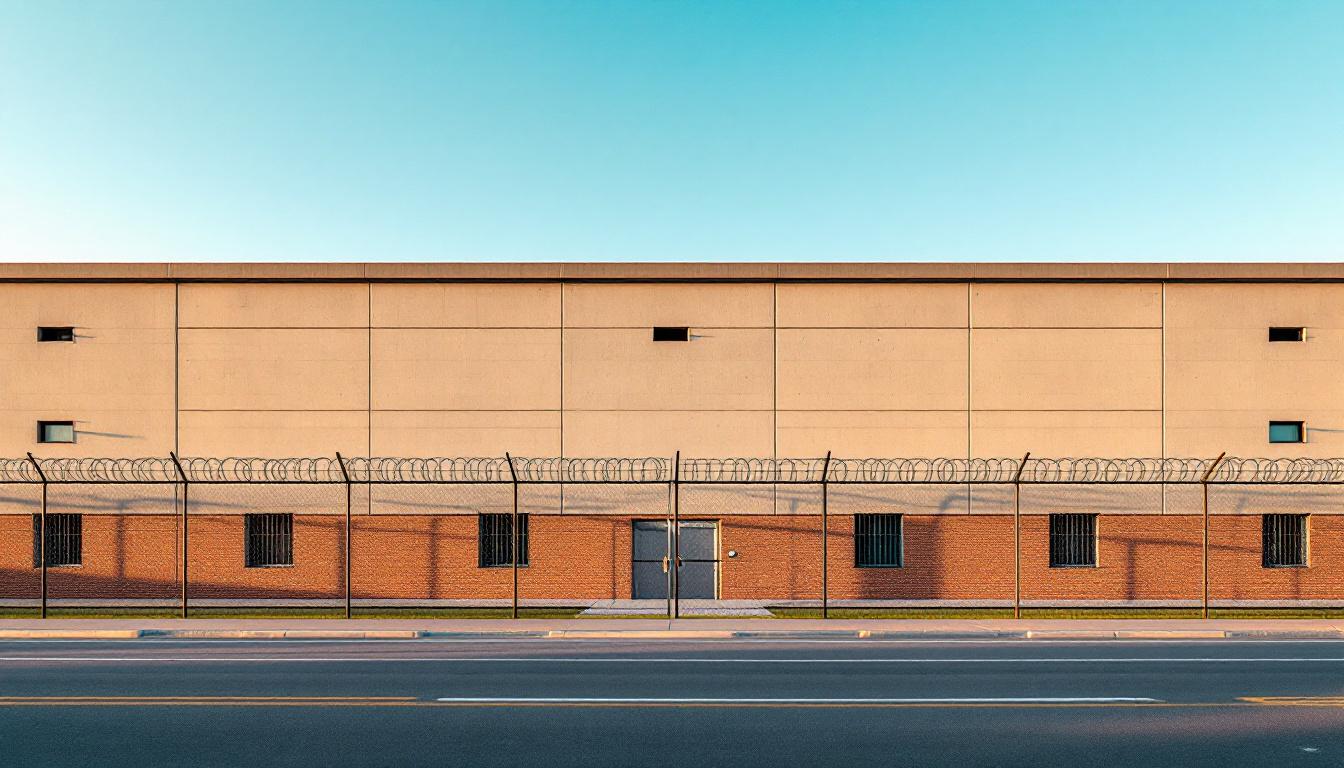
Quick Navigation
How to contact an inmate at Gaston Correctional
This comprehensive guide will walk you through how to connect with an inmate at Gaston Correctional. Follow the steps below to find an inmate and send letters and photos:
- Search for the inmate using our search tool below
- Create your account or log in to Penmate
- Write your message (up to 6,000 characters)
- Send instantly - inmates receive printed copies daily
Find an Inmate
Search for an inmate to start communicating today
Tip: You can search by first name, last name, or inmate ID number
To contact a person at Gaston Correctional start by searching for the person on the official facility website. Perform a search by following these steps:
- Step 1: Enter their first name and last name into the search form and click "Search"
- Step 2: Locate their inmate record
- Step 3: Write down their Inmate ID and any housing information provided
Important! Be sure to enter the person's full name. Nicknames should not be used.
How to Send Messages to Inmates

You can use your phone or computer to send emails, letters, and photos to an inmate. Messages are sent electronically to inmate tablets or kiosks at the facility. If you would like to send a message, start by searching for an inmate at Gaston Correctional.
Sending Photos and Postcards

A great way to send love and support to a loved one at Gaston Correctional is to send photos and postcards. It only takes a few minutes to send photos from your phone and it makes a huge difference. You can also mail postcards with words of support and inspiration, or design your own postcard for special moments like birthdays and holidays.
Important! Be sure not to send any explicit photos or they may not be approved by the facility. You can also use a photo printing app like Penmate to make sure your photos are printed at the correct size (4x6 or 3x5) and are mailed according to the rules and regulations of Gaston Correctional.
Frequently asked questions about Gaston Correctional
-
How long does it take to deliver a message?
If you're sending an email message your letter is usually delivered within 24-48 hours. For messages sent via mail you should expect delivery within 3-7 days. All messages will need be approved by Gaston Correctional.
-
How much does it cost to send a message to Gaston Correctional?
You can send a message free using your phone or mail a message via USPS for the price of a $0.60 stamp and envelope. You can also purchase credits or e-stamps from services starting at $1.99.
-
What services can I use to contact an inmate at Gaston Correctional?
Penmate
You can use Penmate to send letters and photos to an inmate from your phone. It's an easy way to stay in touch during your loved one's incarceration. Use the inmate locator to find an inmate's location and contact information, then you can send messages within a few minutes.
Securus messaging
Securus may be another option for communicating with an inmate at Gaston Correctional. You can create a friends and family account and purchase credits to send messages. All messages will be reviewed and must be approved by the facility.
JPay
Some county jails and state prisons may support sending messages with JPay. You must register an account with the system, find your loved one, and purchase stamps to send messages. For some locations you can also attach photos.
Smart Jail Mail
You may also check if Smart Jail Mail is available at Gaston Correctional. Smart Jail Mail is operated by Smart Communications and has contracted with some state and county jails. After purchasing credits, your messages and photos are sent to the facility, printed out, and then handed out to your loved one.
-
What is the mailing address of Gaston Correctional?
Mailing address:
Gaston Correctional
520 Justice Ct
Dallas, NC 28034
Phone: (704) 922-3861 -
What are the visiting hours at Gaston Correctional?
Visiting hours at Gaston Correctional vary by housing unit and security level. Generally, visits are scheduled on weekends and holidays, with some facilities offering weekday visits. Contact the facility directly at (704) 922-3861 or check their website for the current visiting schedule. Visits typically last 30-60 minutes and must be scheduled in advance.
-
What items are prohibited when sending mail to Gaston Correctional?
Prohibited items typically include: cash, personal checks, stamps, stickers, glitter, glue, tape, staples, paperclips, polaroid photos, musical or blank greeting cards, hardcover books, magazines with staples, and any items containing metal or electronics. Only send letters on plain white paper with blue or black ink. Photos must be printed on regular photo paper (no Polaroids). Always check with Gaston Correctional for their specific mail policies.
-
How do I send money to an inmate at Gaston Correctional?
You can send money to an inmate at Gaston Correctional through several methods: 1) Online using JPay, Access Corrections, or the facility's approved vendor, 2) Money orders mailed directly to the facility with the inmate's name and ID number, 3) Kiosks located in the facility lobby, or 4) Over the phone using a credit or debit card. Fees vary by method, typically ranging from $2.95 to $11.95 per transaction.
-
Can I schedule a video visit with an inmate at Gaston Correctional?
Many facilities now offer video visitation as an alternative to in-person visits. At Gaston Correctional, video visits may be available through services like Penmate, Securus Video Connect, GTL, or ICSolutions. Video visits typically cost $10-20 for 20-30 minutes and must be scheduled in advance. You'll need a computer or smartphone with a camera and reliable internet connection. Contact the facility for their specific video visitation policies and approved vendors.
-
What identification do I need to visit an inmate at Gaston Correctional?
All visitors must present valid government-issued photo identification such as a driver's license, state ID, passport, or military ID. Minors must be accompanied by a parent or legal guardian who can provide the minor's birth certificate. Some facilities require visitors to be on the inmate's approved visitation list, which may require a background check. Contact Gaston Correctional for specific ID requirements and visitor approval procedures.
-
How can I find out an inmate's release date?
To find an inmate's release date at Gaston Correctional, you can: 1) Use the online inmate search tool if available, 2) Call the facility's records department, 3) Contact the inmate's case manager or counselor, or 4) Have the inmate provide this information during a call or visit. For privacy reasons, some facilities only release this information to immediate family members.
Facility Overview
Official Website

About Gaston Correctional
Supporting North Carolina's commitment to public safety and offender rehabilitation, Gaston Corrections Center, NC operates as a state correctional facility serving the Phoenix community and surrounding region. Nestled within the rural landscape of Phoenix, this NC correctional facility functions as an integral component of the state's broader correctional system, working to balance security requirements with meaningful opportunities for personal growth and community reintegration. The facility's operational philosophy centers on creating structured environments where safety remains paramount while fostering conditions that may support positive behavioral change among the incarcerated population.
Within this framework, Gaston Corrections Center typically emphasizes programs designed to address the diverse needs of those incarcerated services encompass. Educational opportunities often include basic literacy development, GED preparation, and vocational training programs that may help individuals develop marketable skills for their eventual return to society. The facility generally maintains healthcare services, mental health support, and substance abuse programming, recognizing that addressing underlying issues often plays a crucial role in reducing recidivism. Recreation and library services typically provide constructive outlets for personal development, while work programs may offer structured daily routines that mirror expectations in the broader community.
The correctional facility's approach to rehabilitation generally aligns with North Carolina's statewide goals of reducing recidivism while maintaining public safety. Staff members typically work to create environments where accountability and personal responsibility are emphasized, while also providing support systems that may help individuals make positive changes during their incarceration. Through its location in Phoenix, the facility often maintains connections with local community organizations and may facilitate family visitation programs that help preserve important relationships during the incarceration period, recognizing that strong community ties frequently contribute to successful reintegration outcomes.
Programs & Services
Within the structured environment of a correctional facility, opportunities for personal transformation and skill development become catalysts for meaningful change. Gaston Corrections Center in North Carolina typically emphasizes a comprehensive approach to rehabilitation, where those incarcerated may access diverse pathways designed to foster both personal growth and practical preparation for community reintegration. The facility's offerings often reflect a philosophy that views incarceration as a period for constructive development rather than merely punitive detention, creating an atmosphere where individuals can cultivate new competencies while addressing underlying challenges that may have contributed to their circumstances.
Educational advancement and vocational skill acquisition form the cornerstone of developmental opportunities available to participants. Those incarcerated may furnish themselves with fundamental academic credentials through education services that often include literacy enhancement, high school equivalency preparation, and various continuing education options. Moreover, specialized vocational training programs typically provide hands-on experience in marketable trades, with automotive repair and welding offerings that may equip individuals with industry-relevant skills. These technical programs often emphasize both theoretical knowledge and practical application, allowing participants to develop proficiency in fields that demonstrate strong employment potential upon release.
Complementing these educational and vocational pathways, therapeutic interventions address the complex personal challenges that many individuals face. Substance abuse programs may offer structured support for those seeking to overcome addiction issues, typically incorporating evidence-based treatment modalities and peer support components. These therapeutic offerings often recognize that lasting behavioral change requires comprehensive intervention that addresses both the symptoms and underlying causes of problematic behaviors, creating opportunities for participants to develop healthier coping mechanisms and decision-making skills essential for successful community reentry.
Daily Life & Visitation
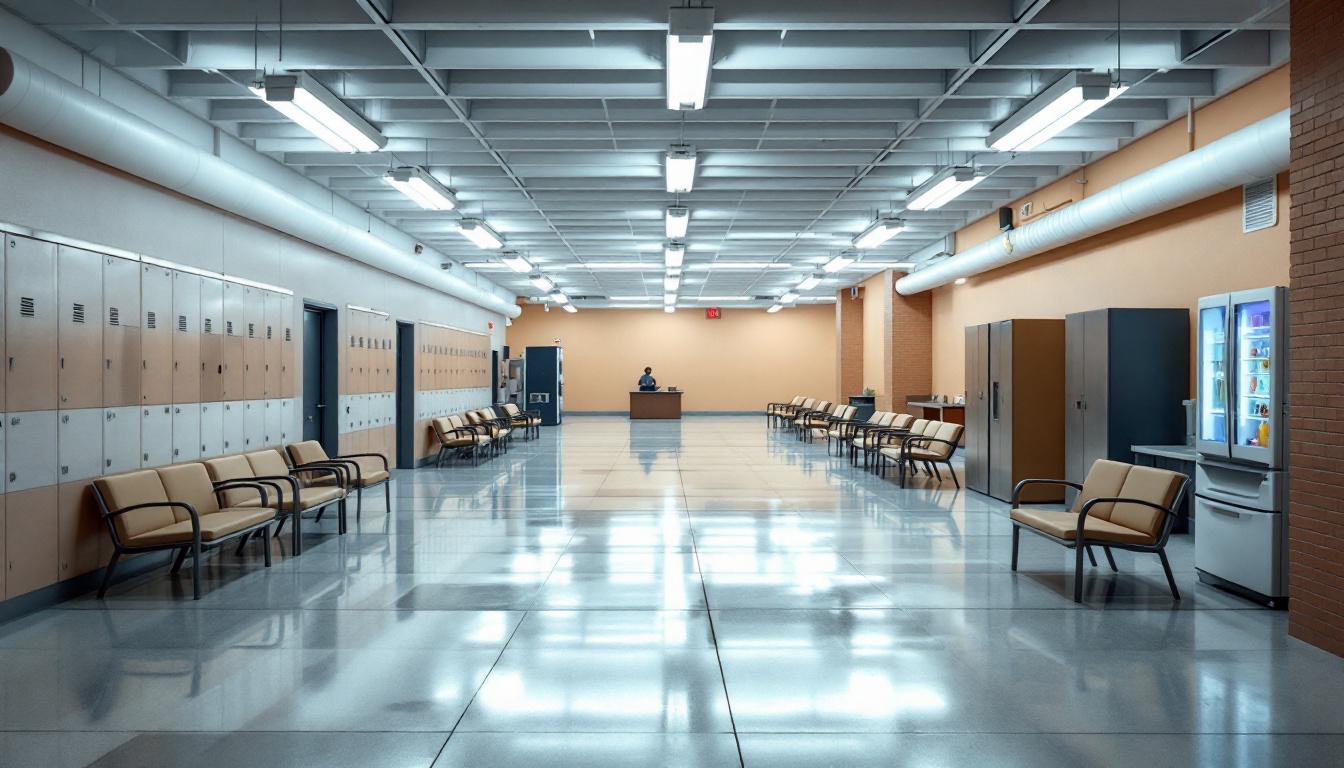
Building meaningful connections with fellow residents and maintaining vital family bonds forms the cornerstone of daily existence for those incarcerated at Gaston Correctional Center. The facility's structured environment now provides multiple opportunities for social interaction throughout the day, as those incarcerated regularly participate in shared meals, recreational activities, and various programming that encourages community building. These interactions typically occur during scheduled movement times when residents can engage in conversations, share experiences, and develop supportive relationships that help navigate the challenges of incarceration.
Moreover, living accommodations at the facility generally consist of dormitory-style housing units or smaller rooms that accommodate multiple residents, creating natural opportunities for social connection and mutual support. Those incarcerated typically share common areas where they can watch television, play games, or simply converse during designated free time periods. The dining arrangements usually involve communal meals served in a central cafeteria setting, where residents gather to eat together and maintain social connections, while recreational opportunities may include outdoor exercise periods, sports activities, and indoor recreation that furnish structure and promote physical wellness.
Whereas daily routines provide internal community experiences, the facility typically maintains various channels for those incarcerated to preserve connections with their families and loved ones on the outside. Visitation policies generally allow for regular contact with approved family members and friends, while telephone access and correspondence options usually enable ongoing communication throughout the week. Work assignments within the facility often create additional opportunities for social interaction and skill development, as residents may participate in kitchen duties, maintenance tasks, or other facility operations that require teamwork and cooperation, helping to maintain a sense of purpose and community contribution during their time of incarceration.
Ready to Connect?
Start communicating with your loved one today
Search for an Inmate
